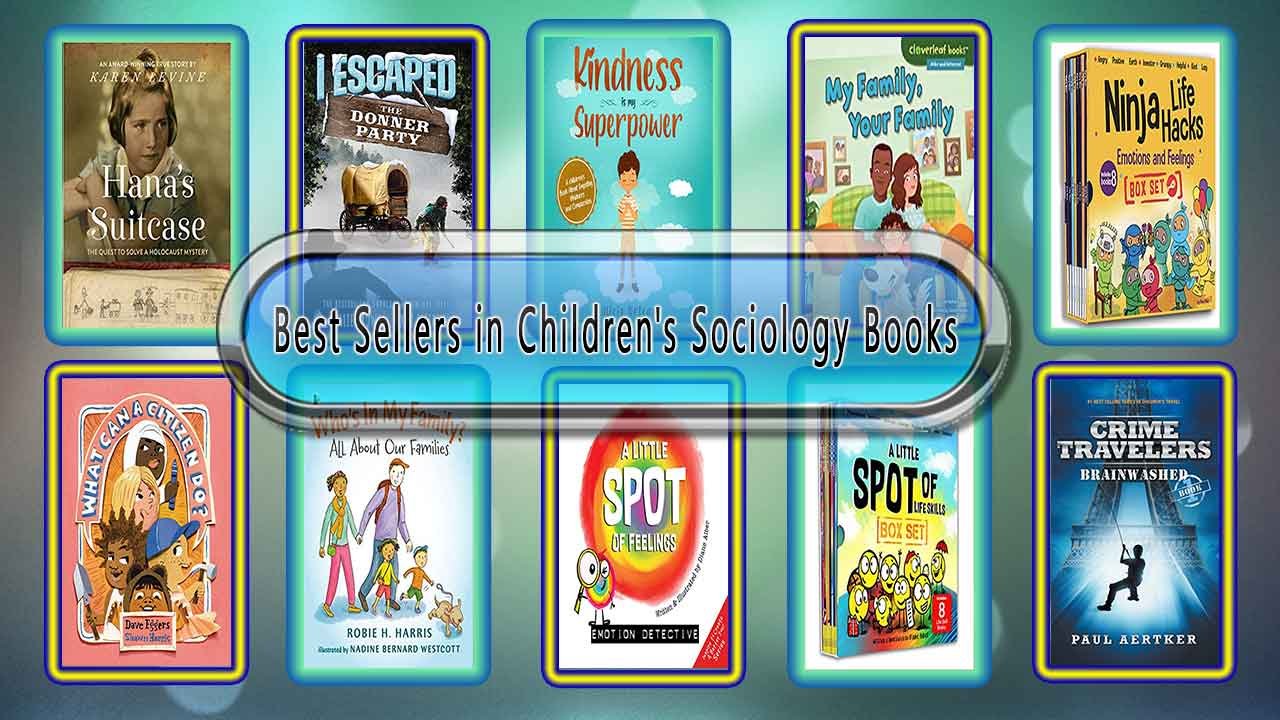Short Summary of Principles
The thing I liked the most about the book is the precision with which the author has mentioned management principles.
The author distinguishes being nominated and ranked amongst the 100 most influential people in the world. The author wears another feather in his cap, founding an investment company named Bridgewater.
Because of the author’s distinctive management style, Bridgewater was ranked as the 5th most important private company in the United States. Here in this organization, Bridgewater, the author put his principles into practice and created a compelling culture. The author describes this influential culture as “an idea meritocracy that strives to achieve meaningful work and meaningful relationships through radical transparency.”
The author proved to be one of the most successful investors and entrepreneurs. In this book, the author shares the secret of his success. The author believed that life, management, economics, and investing need to be systematized into rules and understood like machines. The author builds his theory using these two terms, a brick, and mortar, to develop the approach. The author develops this model to help organizations and individuals to decide, meet challenges and build a strong team. The author uses two innovative methods or tools to implement his idea of meritocracy into action. He terms this as creating baseball cards for all employees to monitor their strengths and weaknesses. The author also suggests having faith in computerized decision-making.
The author believes that ‘principles’ have a rational approach to decision-making that can be used in any situation successfully. The author gives equal importance to money and relationship. Further, the author weighs a relationship more when compared with money.
As an entrepreneur, the author manages the most innovative people who had the quality to disagree with understanding their reasoning. The author suggests developing, test and systemizes timeless, universal principles. The author advises devising a method to balance risks. The author suggests pushing one’s limits to achieve better results. Even if one fails in their endeavour, one has time to learn from failures.
The author opines and asserts a case concerning inventive visionaries who have a passion for their work. Build and manage large organizations like Jobs, Musk, Gates, etc., in the authors regarding opinion; “good thinking comes from exploring the reasoning behind the principles”. The author reasons that working harder has no meaning unless the style of functioning is effective.
Radical open-mindedness and radical transparency are necessary for rapid learning and effective change. To achieve this, a continuous real-time learning and feedback loop is needed to decide and observe the results. This way, one can bring improvement in their understanding of reality. Evolution is the process that handles adaptation and life improvement. The author mentions Freud and says that love and work are the two fundamental strong pillars of humaneness. The author mentions Carl Jung and says that man needs difficulties because they are necessary for health. In the author’s opinion, one who pushes through the painful process of personal evolution will indeed ascend to a higher and higher level.
In the author’s opinion, a person must focus on control within to own up the responsibility of their decisions and remain away from complaining. Creativity and character are developed through moments of struggle.
The author advises removing confusion in one’s life by seeing the absolute truth. He also recommends having clear goals, identifying the difficulties, and eliminating those difficulties to achieve goals. He advises not to confuse desires with plans.
A beneficial suggestion comes from the author that people need to be connected with their preferred role. The author is of the firm view that only genuine relationships work and should not be forced upon. The author suggests that for an organization to grow, it needs open-minded people. Experience and belief are a must for a person to show results. Wisely, the author says that opinion about things formed which ones does not know, need not be included.
The author opines that someone need not micromanage employees, and ineffective employees need to be fired. The author mentions the three Cs: character, common sense, and creativity. He values persons who have this three Cs combination.
The author opines that to get success, the employees need to be micromanaged. A chance is given to them to see their failures to provide them with an opportunity to get self-motivated and improve themselves. The author defines training as a plan to develop people’s skills and help them grow.
Also See: Top 10 Must Read Pen & Ink Drawing Best Selling Books











